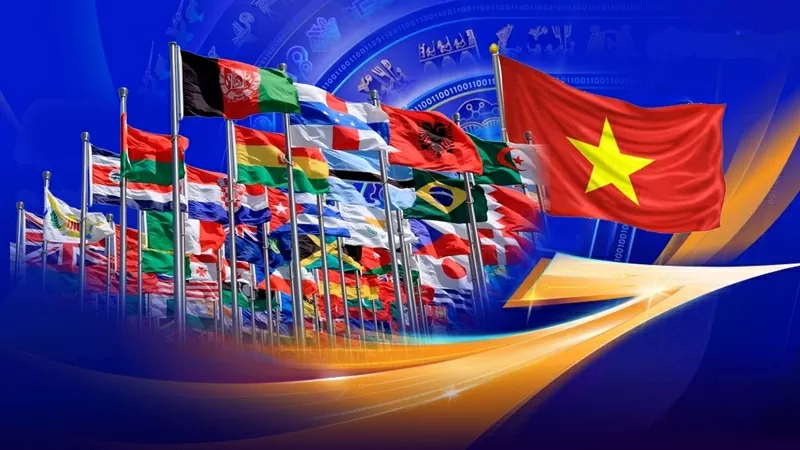 |
| The country's international integration ideology has been consistent since its founding. (Source: VGP) |
Innovation and renewal of thinking are not new issues. This has been mentioned by revolutionary masters long ago. VI Lenin said: “Communists must have the courage to look at the truth, must have the courage to discard yesterday's perceptions that are not suitable for today's developments, must know how to “change tactics, choose another path to reach our destination, if the old path, for a certain period of time, seems no longer suitable, cannot be followed anymore”[1].
President Ho Chi Minh taught: “We must know that the objective situation changes every hour and every minute. A policy of ours that is correct today may be inappropriate tomorrow. If we do not soberly review our thoughts and actions to get rid of outdated and incorrect ones, we will certainly not be able to keep up with the situation. We will be left behind and surpassed by our more alert and agile friends... If we do not self-criticize and criticize, we will never progress.”[2]. “Today’s society is developing day by day. Thoughts and actions are also developing. If we keep holding on to the same old paper clip without changing, we will not get anywhere.”[3].
International Integration - Consistent Thinking
The country's international integration ideology has been consistent since its founding. Right from the founding of the Democratic Republic of Vietnam, in his appeal to the United Nations (December 1946), President Ho Chi Minh stated Vietnam's integration ideology with the world: "For democratic countries, Vietnam is ready to implement an open-door and cooperation policy in all fields: i) Vietnam offers favorable reception for investment from foreign capitalists and engineers in all its industries; ii) Vietnam is ready to expand its ports, airports and roads for international trade and transit; iii) Vietnam accepts to participate in all international economic cooperation organizations under the leadership of the United Nations".
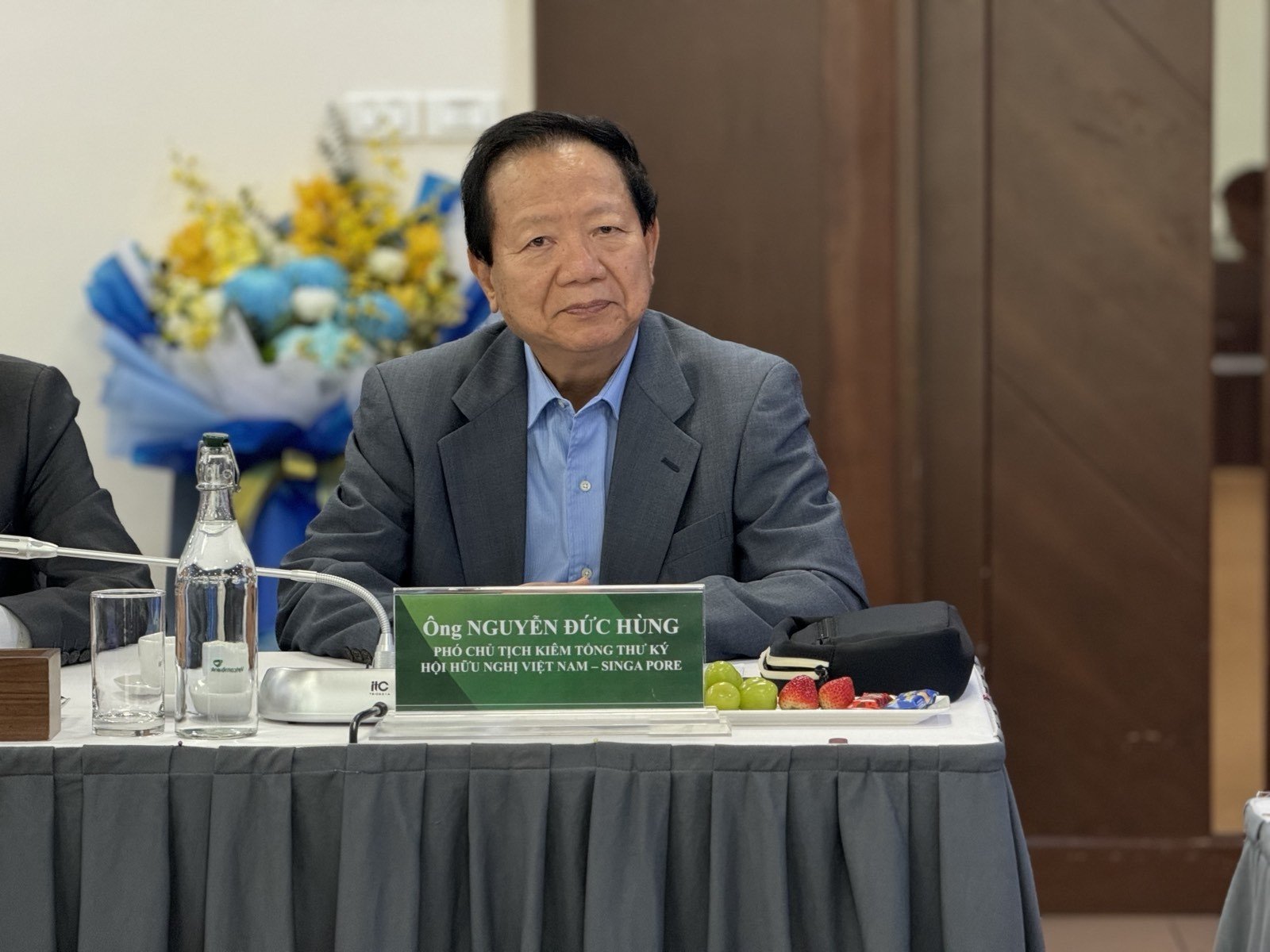 |
| Ambassador Nguyen Duc Hung. |
However, due to many reasons, including the prolonged war, the ideological struggle during the Cold War, and the embargo, we mainly participated in integration within the Socialist bloc, and economically in the SEV bloc. After the 6th Congress (1986), Vietnam began to expand relations outside the Socialist bloc, but there were still some concerns when talking about "market economy", "opening up", not wanting to use the concept of "international integration" for fear of being "dissolved".
But when the Soviet Union and the Eastern European socialist countries collapsed, the world changed rapidly, the globalization trend developed strongly, some regional countries successfully integrated, we changed strongly in our integration thinking and by the 7th Congress (1991), we clearly promoted the trend of international integration with steps to break the embargo, normalize relations with major countries, join ASEAN, APEC, ASEM, WTO, BTA, RCEP and CPTPP from the mid-90s and up to now, we have been participating in most regional and world multilateral mechanisms and organizations in the proactive and positive spirit of the 11th Congress, Resolution 22 and most recently Resolution 59 of the Politburo on international integration in the new situation.
Breakthrough decisions in the new context
Resolution No. 59-NQ/TW on “International integration in the new situation” issued by the Politburo on January 24, 2025 is a breakthrough policy, marking a historic turning point in the country's international integration process, identifying integration as a strategic driving force for Vietnam to confidently enter a new era. The consistent viewpoint of the Resolution is: International integration is the cause of the entire nation, under the absolute, direct and comprehensive leadership of the Party, the unified management of the State, with people and enterprises as the center, as creative subjects. The Resolution demonstrates a profound vision: international integration is not only about opening up and exchanging, but also a comprehensive cause, requiring proactiveness, positivity and great courage.
Proactive international integration needs to be understood based on the following basic contents:
i) Proactively decide on integration policies, determine roadmaps, steps and policies for economic integration, national security and defense, science - technology, culture, society... and avoid being caught up in the integration race spontaneously, hastily and passively;
ii) Proactively propose initiatives, analyze, choose the right method of action and forecast favorable and difficult situations during integration; propose measures to seize opportunities and overcome challenges; proactively implement bilateral and multilateral commitments; participate in building and applying the "rules of the game" of multilateral institutions on the basis of ensuring the country's highest interests;
iii) Proactively promote the role of an active and responsible member in regional and international forums, contributing to raising Vietnam's international position to a new level;
iv) Proactively work with partner countries to strongly implement and perfect relationship frameworks, especially with leading partners, those with strategic vision or those with great potential for cooperation with Vietnam, in order to deepen, stabilize and sustain these relationship frameworks in the next decade of the 21st century; at the same time, continue to expand friendly relations and cooperation with countries on the basis of equality and mutual benefit;
v) Proactively overcome existing problems in foreign affairs and international economic integration in recent times and build close and effective coordination mechanisms between ministries, branches, localities, organizations and enterprises in managing and implementing integration activities;
vi) Proactively and resolutely fight and defeat all plots and actions that interfere in internal affairs and violate the independence, sovereignty, unity, territorial integrity, national security and political stability of Vietnam.
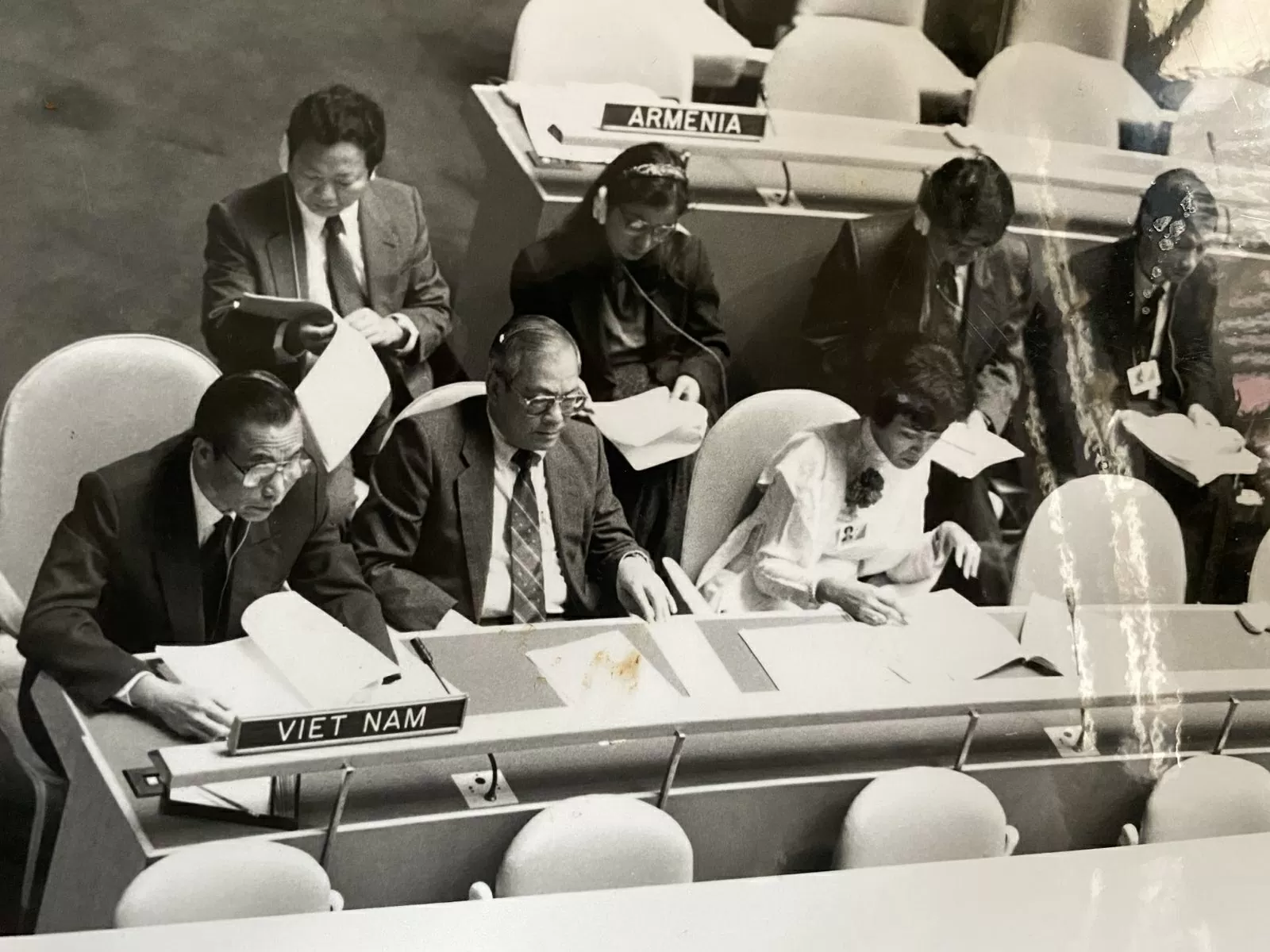 |
| Ambassador Nguyen Duc Hung accompanied Foreign Minister Nguyen Manh Cam to a session of the United Nations General Assembly in New York, USA in 1992. (Photo: TGCC) |
Active international integration should be understood as: i) Not hesitating or wavering but urgently preparing, adjusting, and innovating internally, from leadership and management methods to practical activities, from central to local levels and enterprises;
ii) Be proactive but must be well prepared for internal conditions, accurately forecast the situation, have a team of staff with sufficient professional, technical and foreign language skills to meet the requirements of international integration;
iii) Urgently overcome the state of stagnation, and the mentality of waiting and relying on the State; actively develop and implement strategies, roadmaps, and plans for international integration, accelerate economic restructuring, innovate management mechanisms, perfect the legal system, and enhance the competitiveness of enterprises and the economy; boldly promote and diversify international integration activities, taking economic integration as the basis for expanding integration to other fields in line with the interests of national security and development;
iv) Actively mobilize and take advantage of external resources, focusing on new technological achievements in the 4.0 industrial revolution, effectively serving socio-economic programs and strategies for the country's sustainable development;
v) Promote research and develop plans to find partial/comprehensive solutions to promote the resolution of remaining border and territorial issues with neighboring countries in the spirit of firmly protecting national sovereignty and territorial integrity, maintaining a stable relationship with related countries, contributing to strengthening a peaceful and stable environment in the region and the world;
vi) Actively review, urge negotiations and implementation of signed agreements with partners; be more active in research, information, forecasting, closely follow developments in the international and regional situation, promptly grasp emerging issues to have timely recommendations and countermeasures;
vii) Actively cooperate with countries, regional and international organizations in dealing with non-traditional security challenges, especially climate change; be ready to dialogue with relevant countries, international and regional organizations on the issues of democracy and human rights.
In the process of international integration, our Party's consistent viewpoint on the management and coordination of integration activities is: Ensuring the unified leadership of the Party, the centralized management of the State, promoting the spirit of mastery and creativity of the people; closely coordinating the Party's foreign affairs, State diplomacy and people's diplomacy; between political diplomacy and economic diplomacy and cultural diplomacy; between foreign affairs and national defense and security to maintain independence, sovereignty, territorial integrity, and ensure national and ethnic interests for peace, friendship, cooperation and development.
[1] The Central Council directed the compilation of National Curriculums for Marxist-Leninist sciences and Ho Chi Minh thought: Curriculum for Ho Chi Minh thought, National Political Publishing House, Hanoi, 2003, pp.474-475.
[2] Ho Chi Minh: Complete Works, National Political Publishing House, Hanoi, 1995, vol.4, p.26
[3] Ho Chi Minh: Complete Works, op. cit., vol. 7, p. 35.
Source: https://baoquocte.vn/doi-moi-tu-duy-va-su-nghiep-hoi-nhap-quoc-te-cua-viet-nam-323675.html

























![[Photo] Nghe An: Provincial Road 543D seriously eroded due to floods](https://vphoto.vietnam.vn/thumb/1200x675/vietnam/resource/IMAGE/2025/8/5/5759d3837c26428799f6d929fa274493)
![[Photo] Discover the "wonder" under the sea of Gia Lai](https://vphoto.vietnam.vn/thumb/1200x675/vietnam/resource/IMAGE/2025/8/6/befd4a58bb1245419e86ebe353525f97)



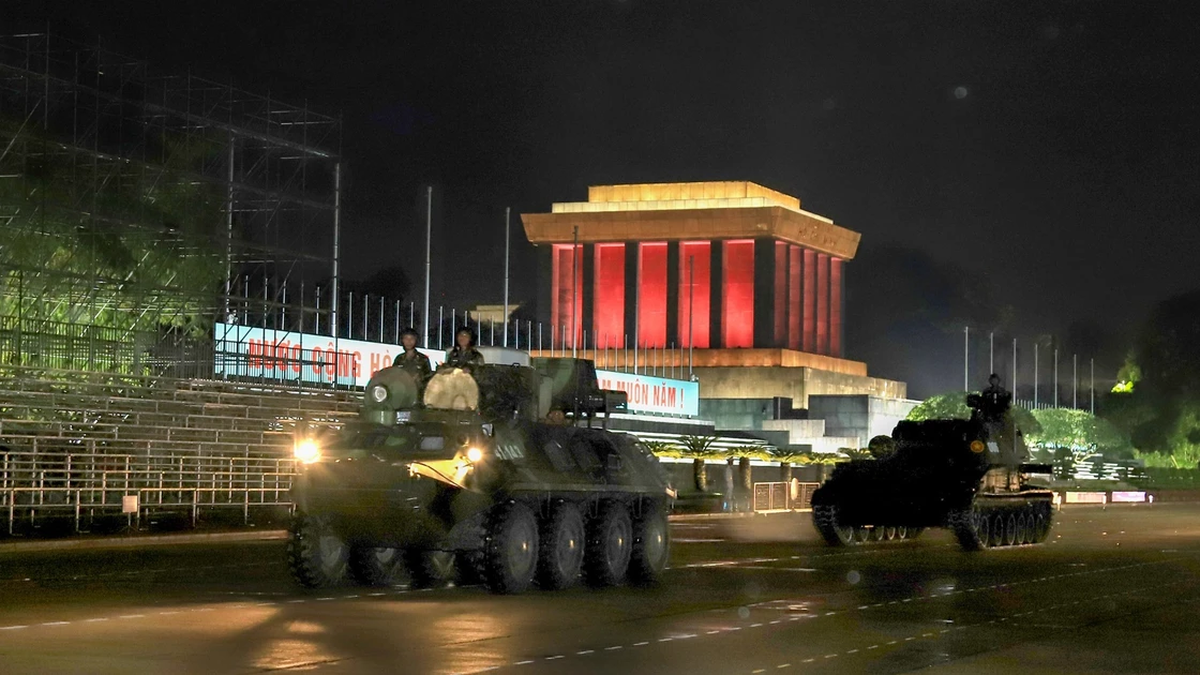






















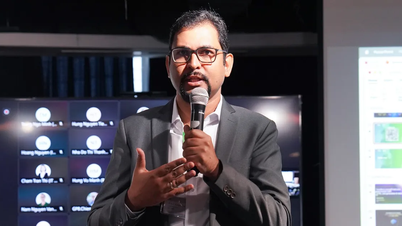


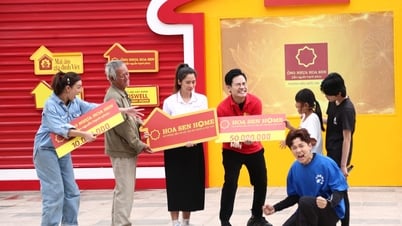
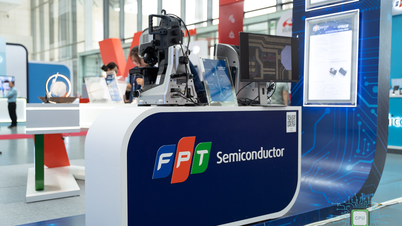
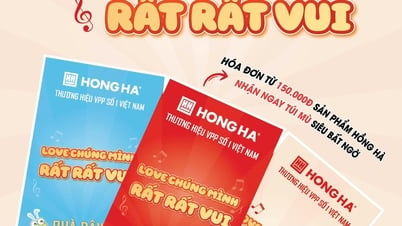
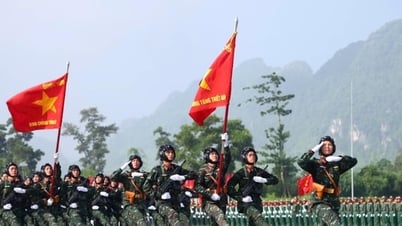

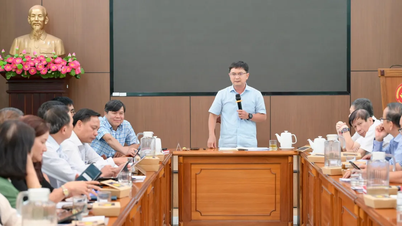
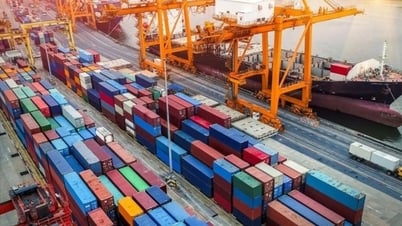
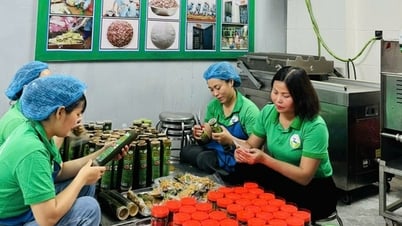


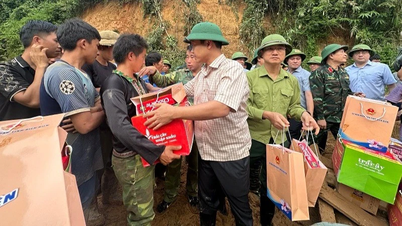

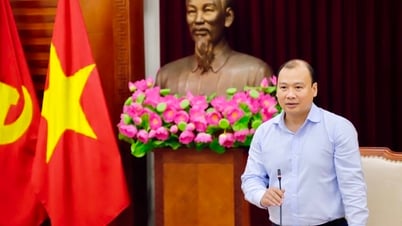
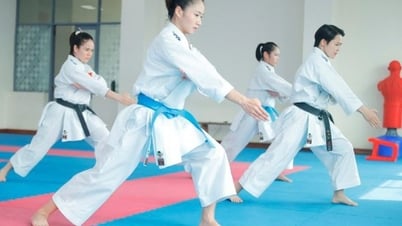

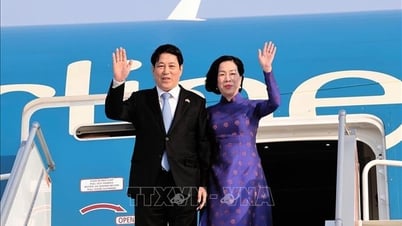

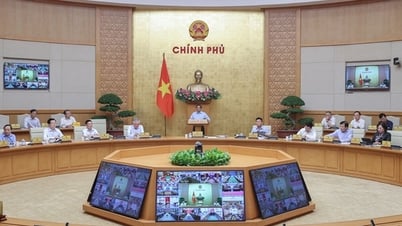


















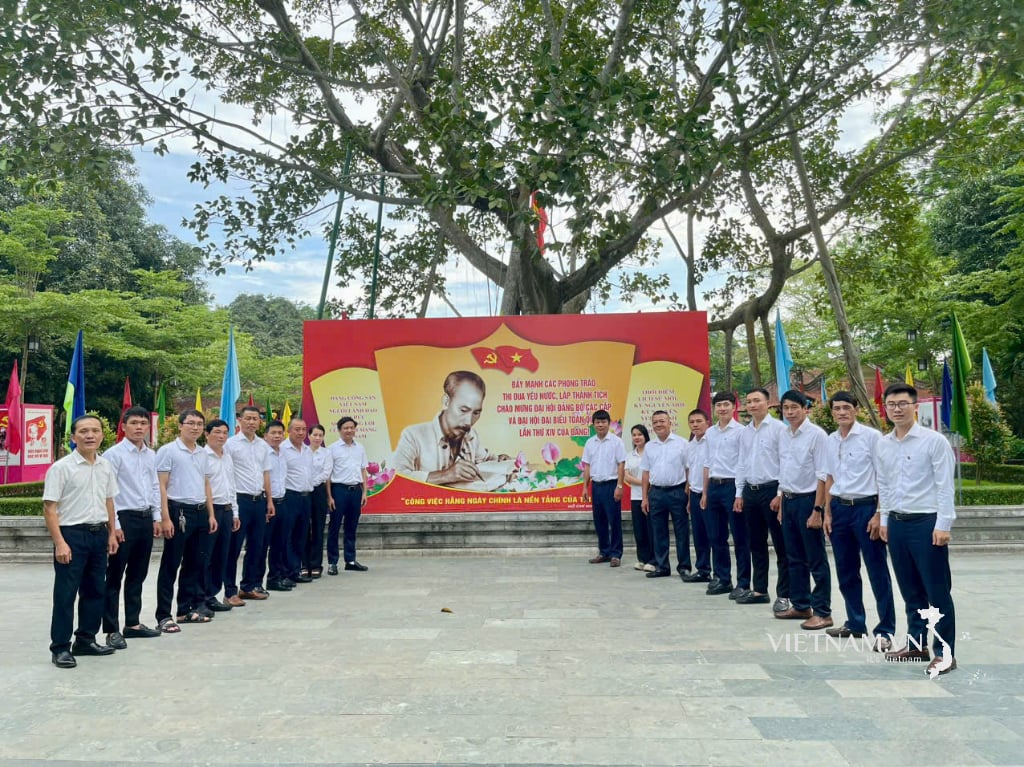
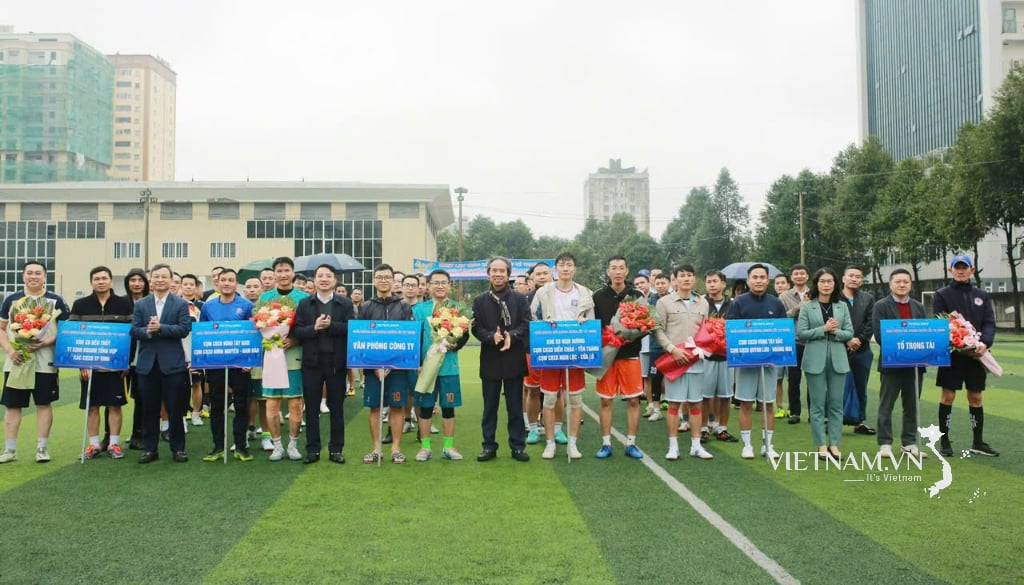
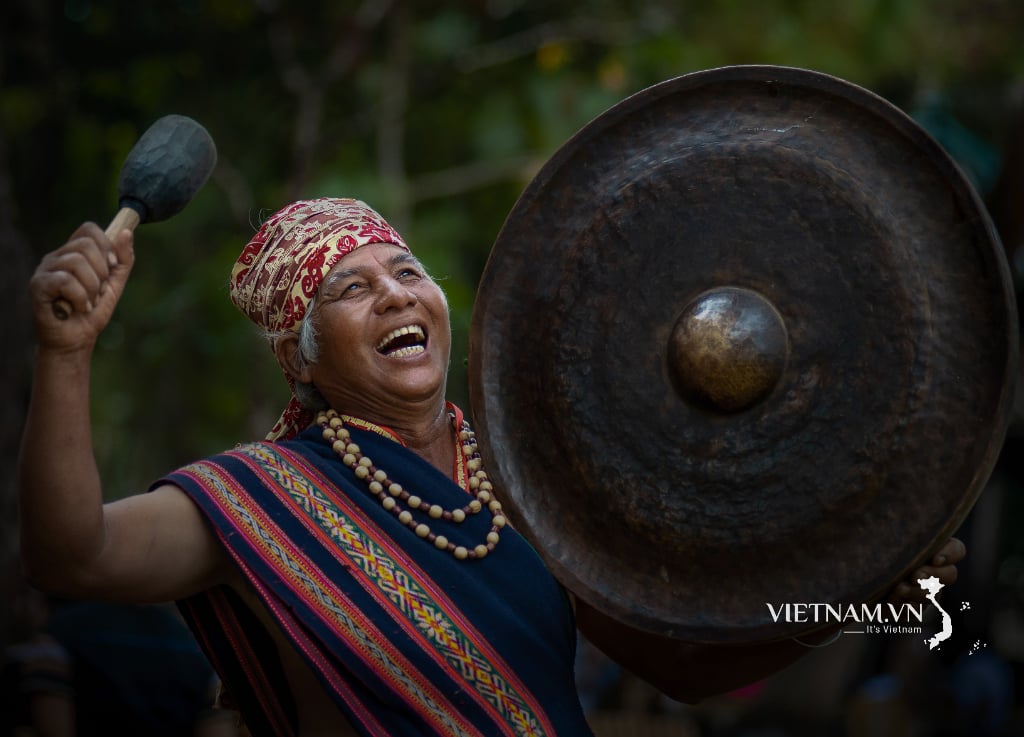
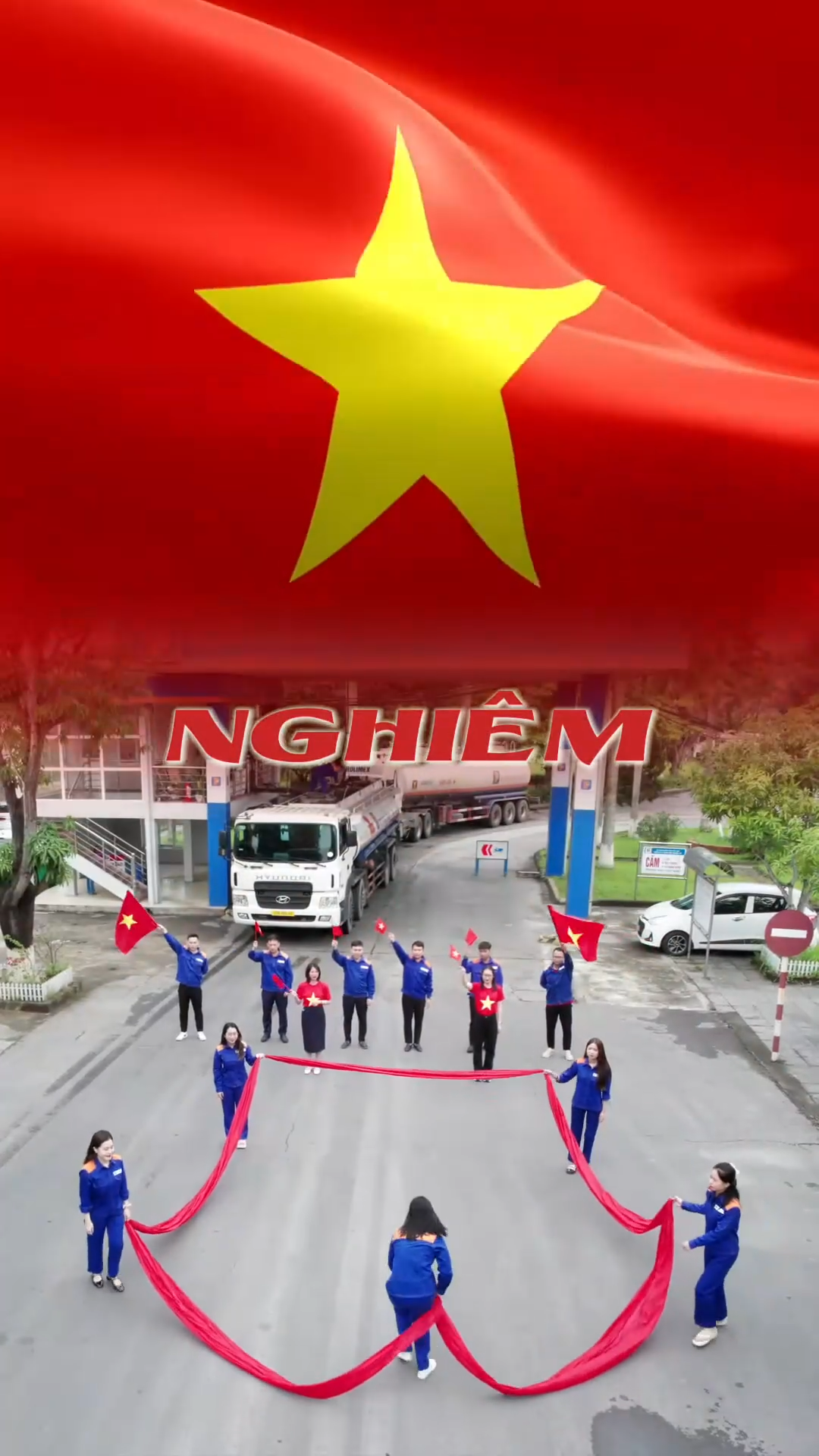
Comment (0)